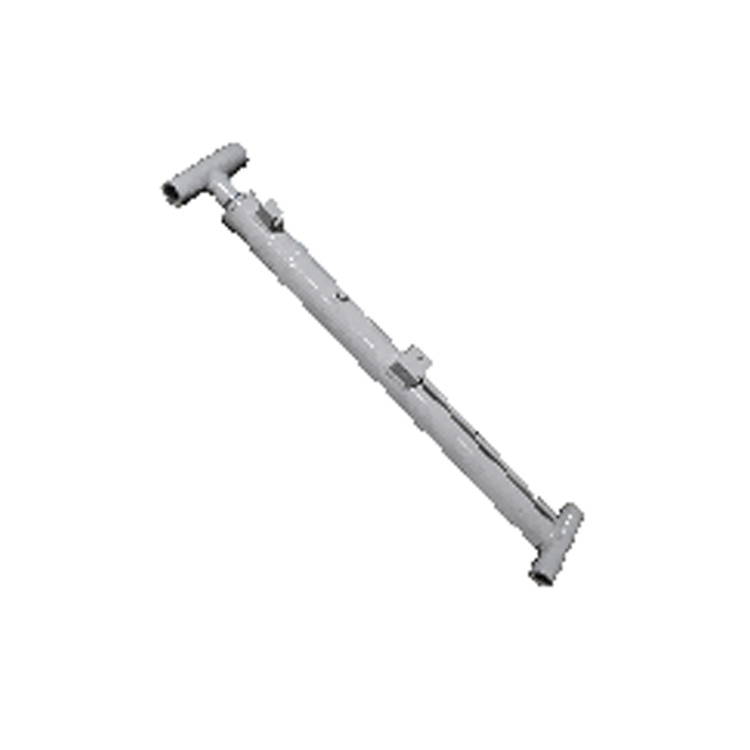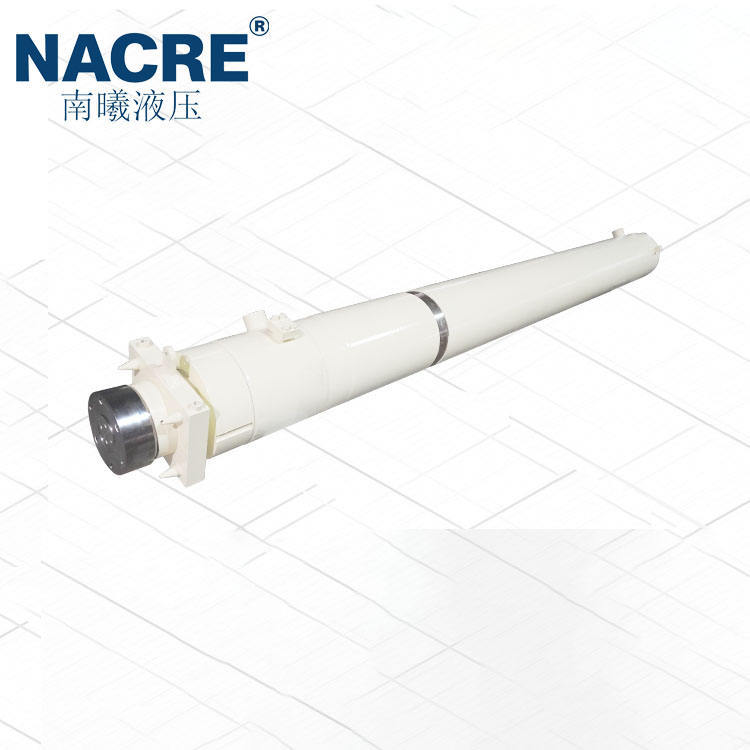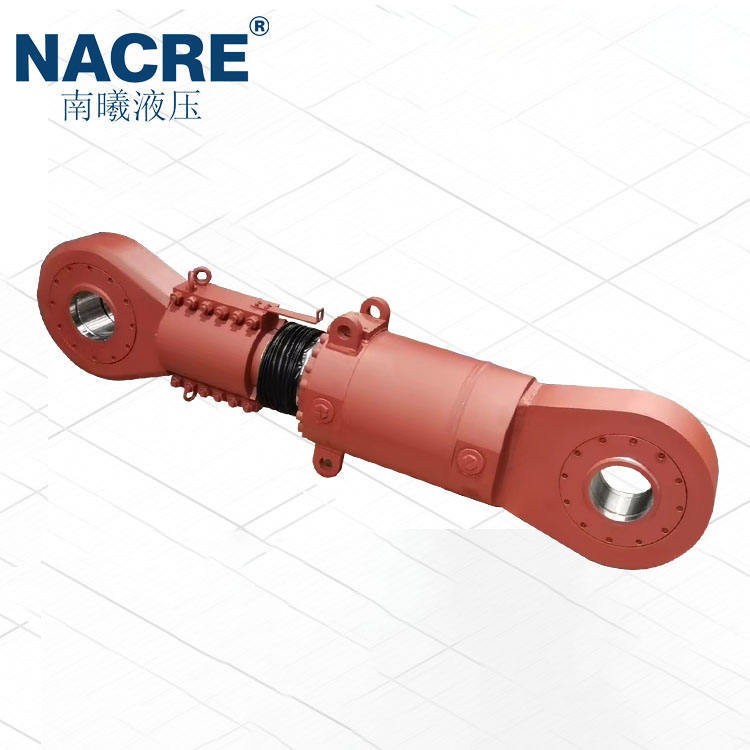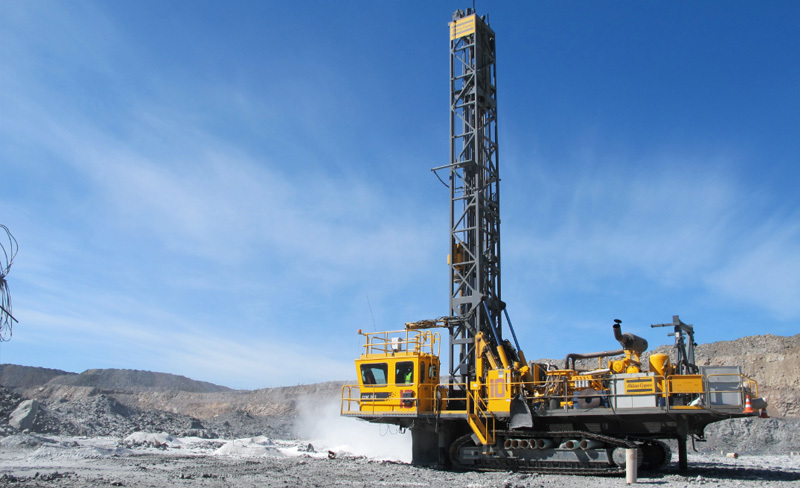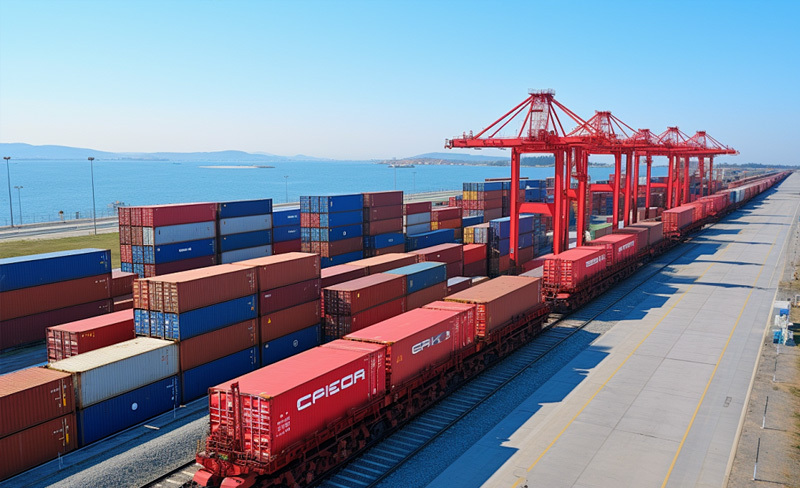Understanding Loader Hydraulic Cylinders: Essential Insights for Industrial Applications
2025-05-10
Loader hydraulic cylinders are essential components used in various industrial applications, particularly in machinery that involves lifting and moving heavy loads. These cylinders convert hydraulic energy into mechanical power, allowing operators to perform tasks that would otherwise be impossible or unsafe with manual effort alone. Understanding how loader hydraulic cylinders function and their key features can significantly improve the efficiency of your operations.
At their core, loader hydraulic cylinders utilize hydraulic fluid to create a force that pushes the cylinder's piston. This movement is what enables the lifting and lowering actions necessary for equipment such as loaders, excavators, and other hydraulic machinery. The design of these cylinders often includes a robust construction to withstand high pressures, ensuring durability and reliability in demanding environments.
One of the primary advantages of loader hydraulic cylinders is their ability to provide substantial force in a compact size. This attribute is particularly beneficial in applications where space is limited but power is necessary. Furthermore, hydraulic cylinders can be easily controlled, allowing for precise movements which are crucial in tasks like grading, lifting, and transporting materials.
When selecting a loader hydraulic cylinder, it is crucial to consider several factors to ensure optimal performance. These include the cylinder's stroke length, bore diameter, and the type of hydraulic fluid to be used. Additionally, understanding the working pressure of your system can help in selecting a cylinder that meets your specific needs. Proper selection and maintenance of hydraulic cylinders can lead to increased equipment lifespan and reduced operational costs.
Another aspect to consider is the mounting options available for loader hydraulic cylinders. Various mounting styles, such as pin, clevis, or trunnion mounts, can impact the cylinder's functionality and compatibility with your equipment. It's essential to choose a mounting style that complements your machinery's design and operational requirements.
Maintenance is also a critical factor in the longevity and effectiveness of loader hydraulic cylinders. Regular inspections for leaks, wear, and proper fluid levels can prevent potential failures that could lead to costly downtime. Implementing a routine maintenance schedule can ensure your hydraulic systems operate smoothly and efficiently.
In conclusion, loader hydraulic cylinders are indispensable in the realm of industrial machinery. Understanding their operation, components, and maintenance can empower operators and managers to enhance productivity and safety within their operations. By investing time in learning about these hydraulic components, businesses can gain significant advantages in their operational capabilities.
At their core, loader hydraulic cylinders utilize hydraulic fluid to create a force that pushes the cylinder's piston. This movement is what enables the lifting and lowering actions necessary for equipment such as loaders, excavators, and other hydraulic machinery. The design of these cylinders often includes a robust construction to withstand high pressures, ensuring durability and reliability in demanding environments.
One of the primary advantages of loader hydraulic cylinders is their ability to provide substantial force in a compact size. This attribute is particularly beneficial in applications where space is limited but power is necessary. Furthermore, hydraulic cylinders can be easily controlled, allowing for precise movements which are crucial in tasks like grading, lifting, and transporting materials.
When selecting a loader hydraulic cylinder, it is crucial to consider several factors to ensure optimal performance. These include the cylinder's stroke length, bore diameter, and the type of hydraulic fluid to be used. Additionally, understanding the working pressure of your system can help in selecting a cylinder that meets your specific needs. Proper selection and maintenance of hydraulic cylinders can lead to increased equipment lifespan and reduced operational costs.
Another aspect to consider is the mounting options available for loader hydraulic cylinders. Various mounting styles, such as pin, clevis, or trunnion mounts, can impact the cylinder's functionality and compatibility with your equipment. It's essential to choose a mounting style that complements your machinery's design and operational requirements.
Maintenance is also a critical factor in the longevity and effectiveness of loader hydraulic cylinders. Regular inspections for leaks, wear, and proper fluid levels can prevent potential failures that could lead to costly downtime. Implementing a routine maintenance schedule can ensure your hydraulic systems operate smoothly and efficiently.
In conclusion, loader hydraulic cylinders are indispensable in the realm of industrial machinery. Understanding their operation, components, and maintenance can empower operators and managers to enhance productivity and safety within their operations. By investing time in learning about these hydraulic components, businesses can gain significant advantages in their operational capabilities.
Previous Page
Previous Page
Questions?
We are here to help.



